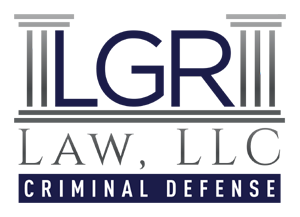A New Jersey criminal defense lawyer can explain that the attorney-client privilege protects information that you convey to him or her. However, there is an exception to this privilege. The crime-fraud exception does not allow such communication to be privileged if it was made with the intent to commit or cover up a crime or fraud.
Application
A New Jersey criminal defense attorney can explain that the attorney-client privilege belongs to the client. Therefore, the crime-fraud exception is based on the client’s intent. This exception applies if the client was committing or intending to commit a crime or fraud and if the communication was intended to further such fraud or crime. This exception may apply when the defendant attempts to get the attorney to present testimony that he or she knows is false, destroys evidence, tampers with witnesses or conceals evidence.
Present or Future Acts
The crime-fraud exception does not usually include communication that involves past crimes or fraud. These communications are typically privileged. However, communications involving present or future crimes or fraud are not usually privileged. Additionally, to enter the purview of the exception, the communication cannot simply be an inquiry into the consequences of potentially engaging in certain actions. The court may evaluate whether the suspect was intending to commit a crime or was simply asking about potential consequences.
Disclosure
If a court rules that the crime-fraud exception applies, the prosecution has the ability to subpoena the attorney. He or she can then force the lawyer to disclose the communication contents. Even if the crime-fraud exception does not apply, there are certain circumstances when a lawyer must disclose adverse information about his or her client. For example, if a witness gives perjured testimony, the lawyer must inform the court of this information.
Attorneys may be able to, but may not be compelled to, hand over certain information or evidence, such as the location of a missing person presumed to be alive. Likewise, the lawyer may disclose if a client threatens a particular person’s life.
Legal Assistance
For more information on the crime-fraud exception, contact New Jersey criminal defense attorney Lorraine Gauli-Rufo by calling (973) 239-4300.




0 Comments